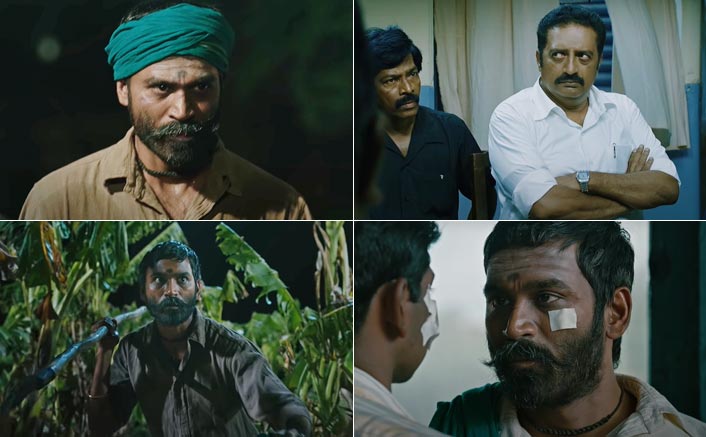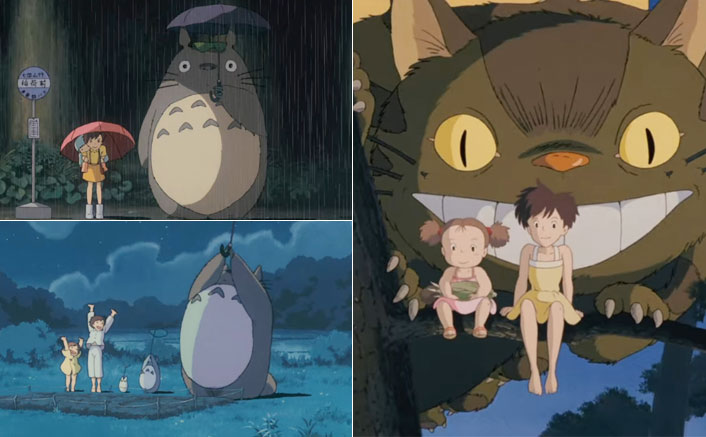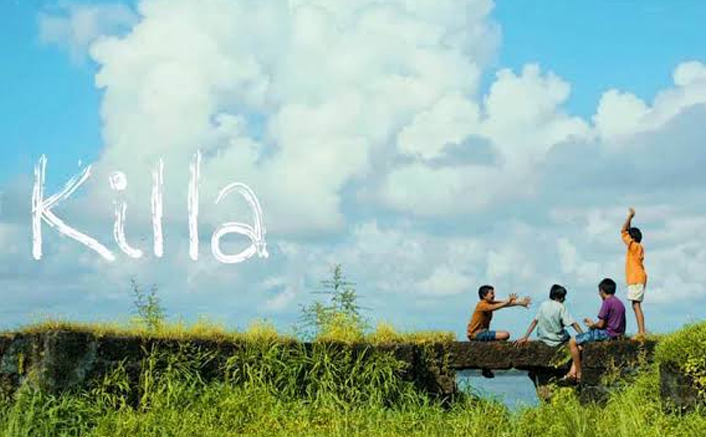
While adults deal with their more significant problems, the children associated have to suffer the brunt of the heat too. Avinash Arun, who we now know for directing the gut-wrenching Paatal Lok, began his direction journey with a film that centres on children and what it looks like to see the world from their perspective and discover where they belong to. Today on Koimoi Recommends, I recommend you Arun’s National Award Winning film Killa (2015) that not only is a cathartic ride through the mind of a migrating child who already has his back burdened with the loss of his loving father but much more.
Director: Avinash Arun
Available On: Netflix
Language: Marathi (With Subtitles)
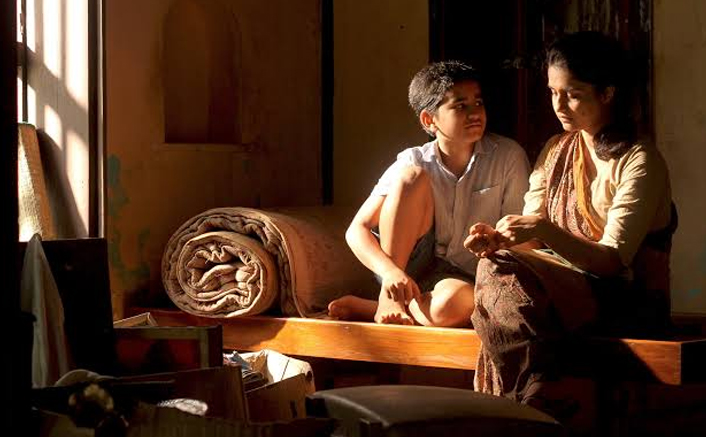
Trending
An 11-year-old boy Chinu (Archit Deodhar) and his mother Aruna (Amruta Subhash) migrate to a village in Konkan for her job after her husband’s demise. Killa captures the coming of age day by day of this child with the riveting backdrop of Konkan in all its monsoon glory capturing every frame with detail and metaphors to leave you asking for more.
We all have heard ‘Rolling Stone Gathers No Moss’, but Avinash Arun explains the proverb visually. To further make it clear, he sets the story during rains. Killa is not just about gathering moss but also about shredding it. These are humans with an emotional burden. Chinu has to adapt to a new world where he is a misfit. Arun does not give that out in an obvious way. When all kids in his new school mark their attendance with ‘hazar’, Chinu says ‘Upastit’ a reminder that he is still not one with the crowd he is sitting with. Displacement has made him lose his confidence, and he has to build that fort again.
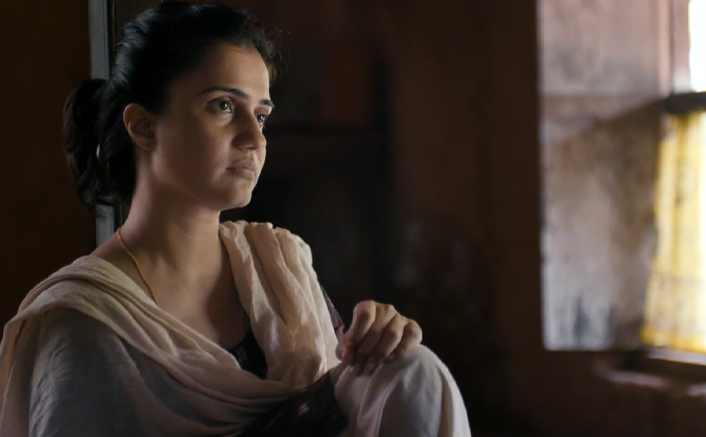
Killa gets into the mind of this child who’s thoughts are a monster of its own. Chinu makes friends, breaks up with them, teaches them his way, learns a few of theirs, but while doing all of that there is a touch of melancholy. To make it feel there are no obvious ‘oh his father died’ dialogues. It is Archit Deodhar’s acting that creates the impact.
Melancholy rides too high with Amruta Subhash too, who plays Aruna, the mother. Here is a lady who has suffered the biggest loss, she also had to migrate with an 11-year-old boy, she also has to give it back to the new stringent colleagues. There is too much on her plate. Subhash emotes all of this through her face. Her battle is within her. When Chinu is reluctant to the idea of spending life in a new village, she is the one who has to face a new problem, but not let Chinu see the chinks in her armour. It is a tough role to enact, and Subhas is a master at it.
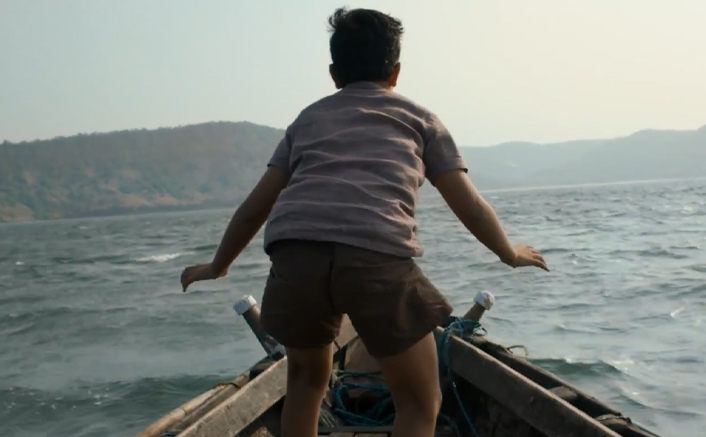
Killa is in its silences and poetry, Killa is in the smiles that the characters throw at each other. In a beautiful scene, we see Chinu and Aruna visit a lighthouse and the guide says it makes way for all the ships in the sea. Later we see Chinu metaphorically comparing the huge structure to a mother. This doesn’t end into Subhash breaking in a melodramatic crying and hugging sequence. The mother and daughter just exchange a smile instead, while Chinu says “Bhaari ahe na?” Avinash Arun’s directorial is full of such beautiful sequences.
Killa also breaks the myth that cinematographers cannot be great directors. Avinash Arun, who is a well-known cinematographer (PS: He holds Masaan to his credit) uses his directing skills and camera to tell two parallel stories. As a director, he translates Tushar Paranjape’s story on-screen. As a cinematographer, he narrates the story of the landscape. The fort, a close shot of a crab, children facing a clear blue sky and the nature playing its game while Chinu discovers life.
Killa, the name in itself is a metaphor to the film. Arun, Tushar and the team dig down somewhere deep in their hearts to create a world we all at some point have lived in. Watch the film on Netflix and let the nostalgia hit you hard. Do not ignore the soothing background score by Naren Chandavarkar and Benedict Taylor.



 Follow Us
Follow Us